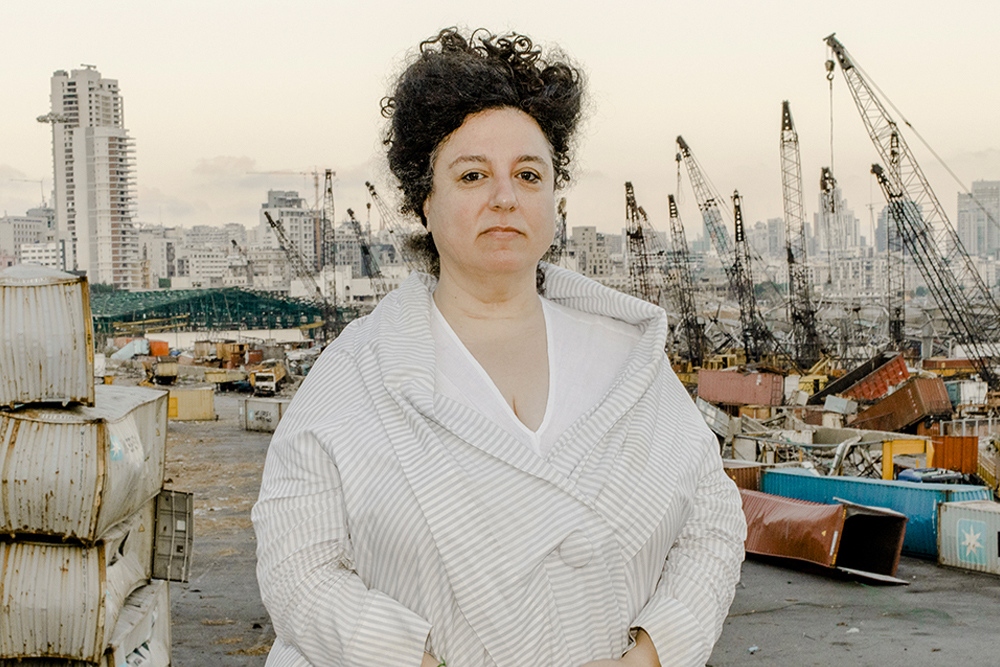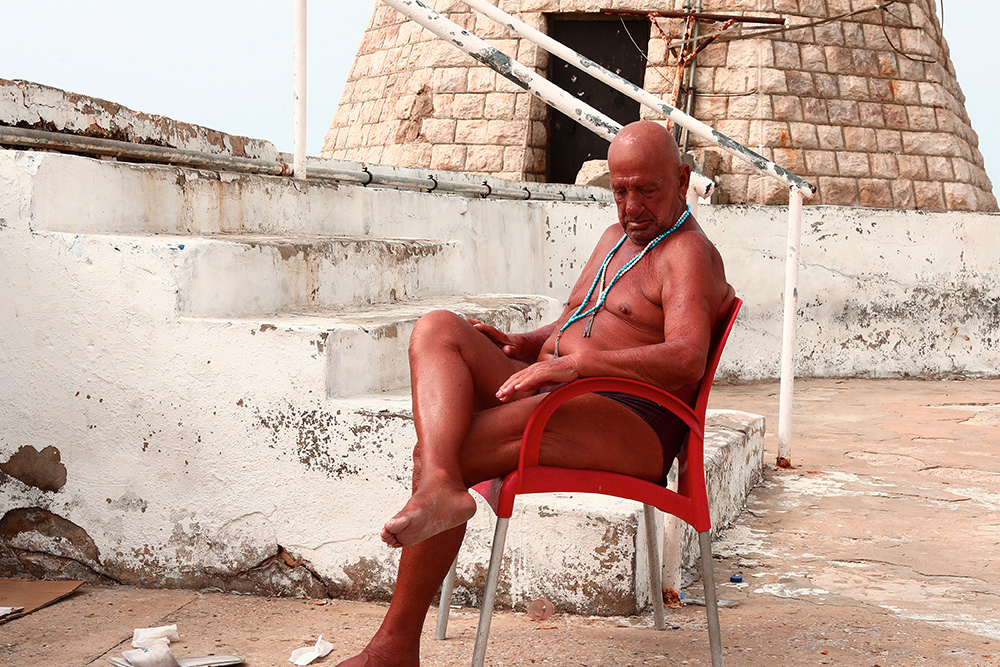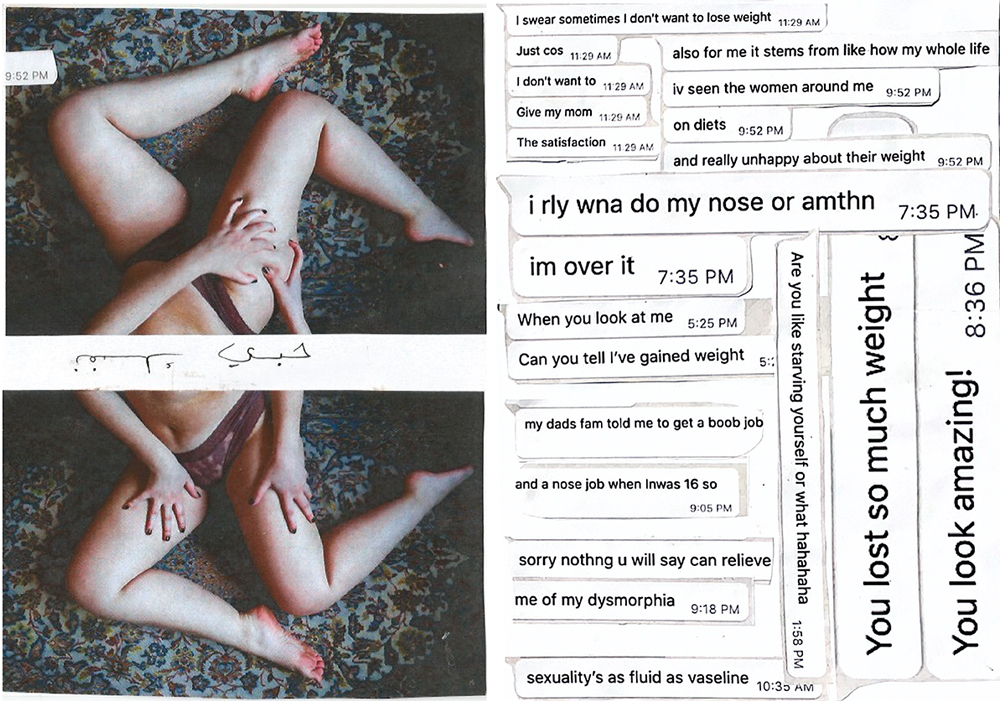
Myriam Boulos' project
Every year, the Arab Fund for Arts and Culture (AFAC) and the Prince Claus Fund select a number of creative documentary photographers across the Arab region, supporting them with grants, workshops, and mentorships, and every year the results of the program are striking, with this year being no different.
This edition’s finalists for the Arab Documentary Photography Program (ADPP) come from Lebanon, Morocco, Egypt, Algeria, Libya, and Palestine, and their works span different styles, from non-fiction narrative styles, to classic documentary photography, to experimental visual storytelling.
To select a few to highlight from this year’s group is a challenging task, as the caliber of works produced are all compelling in their own right: from Lebanese photographer Tamara Saade’s “Shedding Skin,” which looks at the privatization of the nation’s coastline, leaving limited public spaces that are dominated by men, alienating the country’s women and depriving them to access to the sea; to Libyan Nada Barib’s “Unearth,” which explores the subject of homeland through autobiographical and photojournalist approaches, presenting an “intimate recollection of childhood and fear and hope that Libya's new chapter would reveal beauty.”

Tamara Saade's Project

Nada Barib's Project
Through its grants, workshops, and mentorship approach, ADDP aims at supporting non-stereotypical and unconventional visual documentation of key social issues and narratives in the region. It specifically aims at raising the level of creative documentary photography, training regional photographers and expanding their approaches to how they tell stories visually, and providing them with a platform to share strong visual narratives from the region.

Lara Chahine's Project
Every year, the program’s jurors committee, comprising of both regional and international experts, are tasked to pick the year’s grantees. The selected finalists are then awarded production grants of 5,000 USD each, allowing them to work in their country of residence over a period of 8 months. They are also given access to the program’s mentors and are required to attend a number of workshops aimed at helping them develop their works and identify avenues for distribution.

















